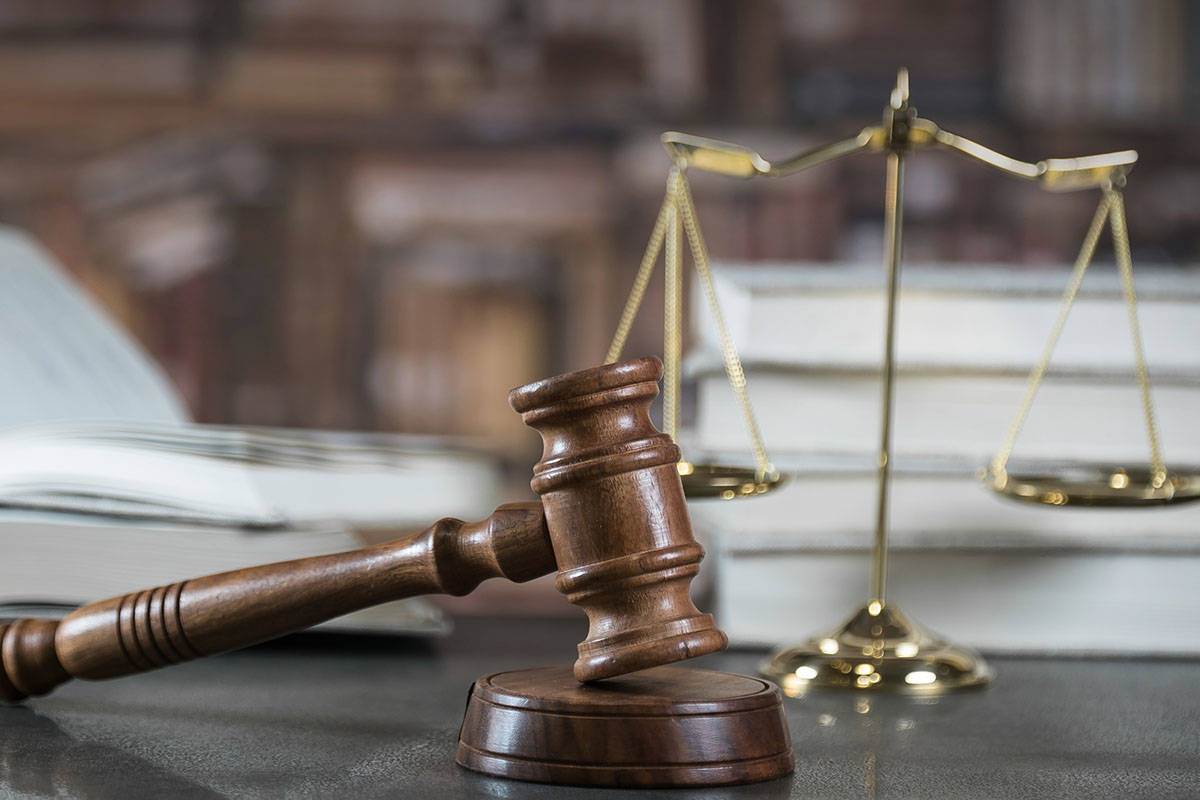EDITORIAL: President Trump leaves his mark on the federal judiciary

President Donald Trump’s time in office will long be remembered for, among other things, the vitriol of his political opponents. But from practical standpoint, his four years in office will forever be marked by Mr. Trump’s most important achievement: appointing constitutionalist judges to the federal bench.
As The Associated Press reported last week, the president’s judicial selections have “left a deep imprint” that will far outlast his lone term in office. As a candidate, Mr. Trump won over many Republicans by pledging to fill federal judicial vacancies with judges who profess a fealty to the Constitution. Once in office, he delivered — thanks, in part, to Nevada’s Harry Reid, whose filibuster rule change in 2013 proved to be a colossal blunder. With Democrats having neutered themselves as the minority, the GOP Senate has approved more than 230 of the president’s judicial selections, including three justices of the Supreme Court.
The momentum Mr. Trump created was so strong, in fact, that the Senate has continued to confirm Mr. Trump’s appointees more than a month after the president lost his re-election bid. Mr. Trump “has basically done more than any president has done in a single term since (Jimmy) Carter to put his stamp on the judiciary,” Jonathan Adler, a law professor at Cleveland’s Case Western Reserve University School of Law in Cleveland, told the wire service.
Mr. Trump has often boasted about his judicial appointments, and it is clearly his most impressive accomplishment — both in terms of the sheer number of judges he’s elevated to the bench and in the ability of his appointees to breathe life into constitutional guardrails. Many Trump-appointed judges — who hold lifetime offices — are still in their 30s. Also, his three Supreme Court picks — Neil Gorsuch, Brett Kavanaugh and Amy Coney Barrett — are all young enough to serve for three decades or more on the court.
Ultimately, though, Mr. Trump’s judicial impact will be bigger than numbers. The vast majority of the judges he selected oppose turning the courts into a de facto legislative body that treats the nation’s founding document as a mere guideline to be discarded when convenient. For years, progressives have attempted to do through the judiciary what they have been unable to accomplish through the legislative or democratic processes. Most Trump appointees are likely to exhibit a keen skepticism of such an approach, as well as a willingness to call out the dangers to liberty inherent in an expansive and unaccountable administrative state.
President Trump will leave office with much to be proud of when it comes to the federal judiciary. In that sense, the Constitution is the clear winner.